By Josh Cosford, Contributing Editor
In the case of hydraulic systems, efficiency and reliability are paramount, and these systems, used in various industries, rely on the seamless flow of hydraulic fluid to power heavy machinery and equipment. One crucial component that ensures the reliable operation of the pumps, valves and actuators is the hydraulic filter. This unassuming device plays a critical role in maintaining the integrity of hydraulic fluid by trapping contaminants and preventing them from circulating throughout the system, where they can wear or damage expensive components.
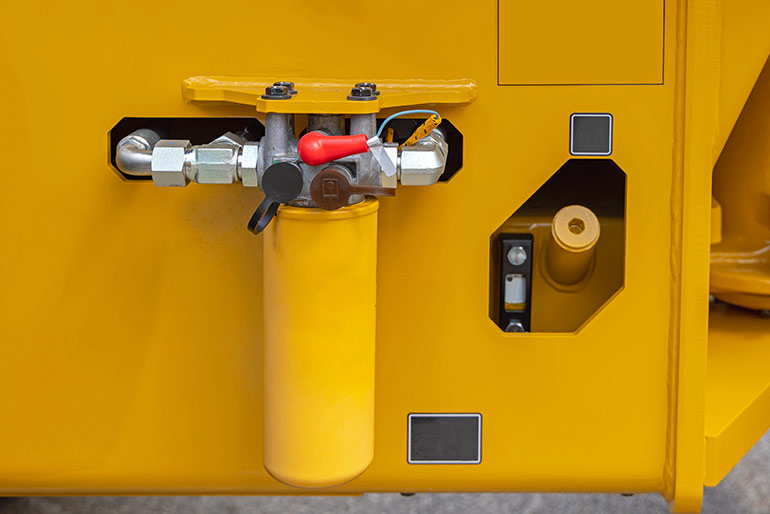
However, over time, hydraulic filters can become clogged, leading to a range of issues that can impact the performance of your machinery. Just so we’re on the same page, I’m defining a clogged filter as one without a bypass valve. Nevertheless, you must know the signs of a clogged hydraulic filter and why it’s essential to address this problem promptly.
A noticeable decrease in the performance of your hydraulic system is one of the first signs of a clogged filter. You might observe slower or jerky movements, decreased lifting capacity, or reduced speed in your hydraulic equipment. This drop in performance (especially with an open circuit system) due to restricted fluid flow may have resulted from a clogged filter. As the filter becomes increasingly congested with contaminants, it creates backpressure in the tank line where it’s most nefarious, reducing pressure and flow available to everything upstream.
A clogged hydraulic filter can lead to elevated operating temperatures within the hydraulic system. As the filter restricts the flow of hydraulic fluid, it causes the fluid to work harder to move through the system and often partially through the relief valve. Always remember that any fluid being lost in a hydraulic system before achieving useful work is manifested as pure heat.
One of the primary functions of a hydraulic filter is to prevent contaminants, such as dirt, debris, and metal particles, from entering the system. If the filter is clogged, it cannot effectively trap these impurities when fluid is taking the express bus right through the relief valve. Contaminated hydraulic fluid can cause severe damage to the system’s components, including pumps, valves, and cylinders.
A clogged hydraulic filter can also manifest as an increase in maintenance requirements. If you find yourself constantly cleaning or replacing components within your hydraulic system, it could be a sign that the filter is not functioning correctly. Addressing the filter issue can reduce the overall maintenance needs of your machinery and save you both time and money in the long run.
In the worst-case scenario, a severely clogged hydraulic filter can lead to complete system failure. When the filter becomes entirely blocked, hydraulic fluid cannot flow through, causing a sudden shutdown of your equipment. This can result in costly downtime and potential safety risks in specific industrial settings.
Suppose your machine has a filter and no bypass valve, which are more common than you might think. In that case, you must be absolutely sure to use differential pressure indicators to monitor the clogging status of your filter. These indicators can be simple pressure gauges, pop-up indicators or even electronic transducers. Because of the severe repercussions possible without a bypass valve, it can’t be overstated how critical it is to monitor and replace your filter to prevent clogging.


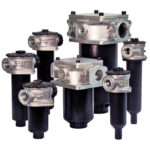
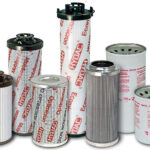
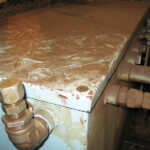
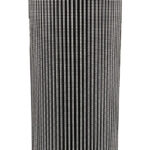

Leave a Reply